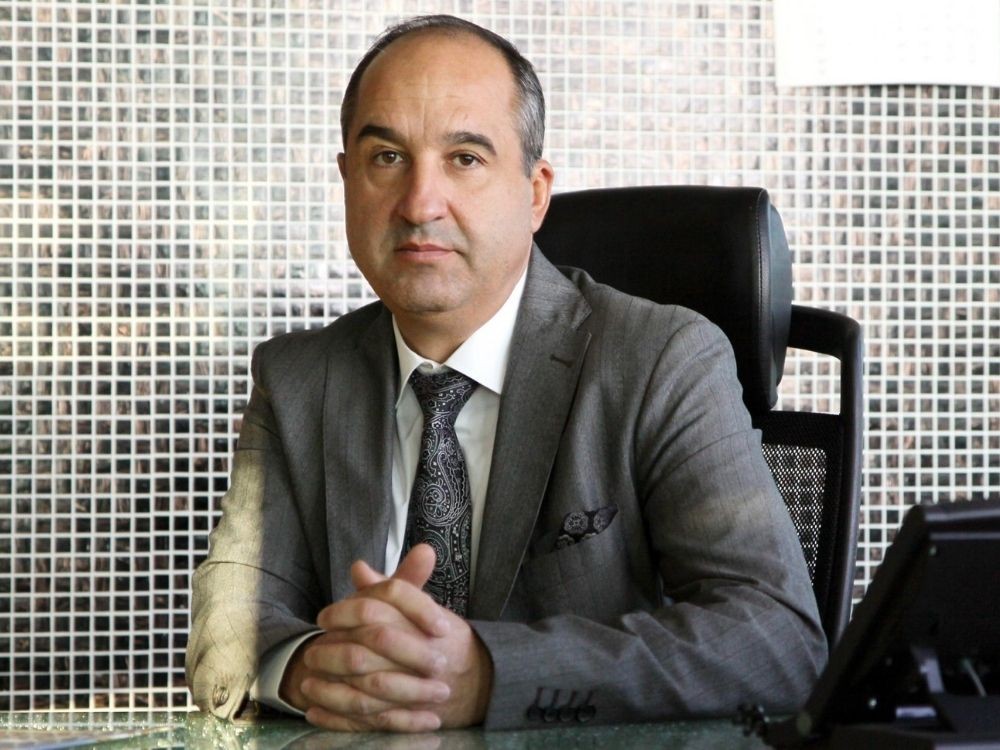Nearly half of the businesses in Bulgaria (46%) are planning to expand their staff by the end of September, according to a survey by the Bulgarian Employment Confederation (BEC), which checks the readiness of employers to hire new employees in the next six months. More than 1,000 companies from 12 industry sectors participated in the survey.
The results also show that 6% of companies expectto reduce their workforce and 33% will maintain staffing levels.
Sofia led the way in terms of companies willing to hire new employees - 78% of respondents in the capital said they would do so, followed by Plovdiv, Varna and Burgas.
Which sectors have the highest demand for labour?
"The biggest demand is in the IT, manufacturing and outsourcing, public sector, finance, insurance, real estate and business services, transport, wholesale and retail - says in an interview for BNR the chairwoman of the Bulgarian Employment Confederation Nadia Vassileva - "We are very happy that the hospitality industry also have ideas for recruitment, because in the previous survey, due to the pandemic, their answers were negative."

There are several ways to handle shortage of workforce:
"The first option for the companies is to rapidly digitalize and robotize their work processes – Vassileva explains. - The second is a massive short-term retraining of those employees who are willing to join the work process, in line with employers' needs. The third option is to employ inactive groups of people who are not looking for work, such as Bulgarians returning from abroad or refugees. The fourth, but not the least important option, is related to targeted import of people from third countries, who could cover the shortage at all levels and reassure employers that their growth plans will not be hindered" - the expert reveals.

How will war in Ukraine affect the business in the next six months?
42% of respondents to the BEC survey believe that it will have a negative impact due to the rise in fuel prices, and supply and production difficulties for various components. 19% think it will be rather positive and 39% do not expect it to have any impact.
Can we expect the influx of Ukrainian refugees to change the labour market in Bulgaria?
Such a question does not have a definite answer yet, but the observations of employers, among whom is the manager of an an agro company Hristofor Bunardzhiev, are sceptical:

"Mothers with children, who are a core part of the refugee flow, cannot be considered a labour resource. They have to take care of their children, who will need time to be placed in kindergartens and schools, integrate there and learn the language. Only then will women be able to relax and seek work effectively," businessman Hristofor Bunardzhiev says.
Compiled by: Yoan Kolev (based on interviews by Yoana Georgieva, BNR-Radio Sofia and Toshka Sabeva, BNR-Stara Zagora)
English version: Elizabeth Radkova
Photos: Pixabay, bulagro.bgThere will be pilot testing of ground-based silver iodide generators for hail protection in two zones where the use of rockets is not allowed, the Deputy Minister of Agriculture Ivan Kapitanov said. At a meeting with Claude Berthet,..
The German economy has been shrinking and the government expects a decline of 0.2% of GDP. Some of the main reasons for this include unresolved structural problems related to lack of energy security, excessive bureaucracy and shortage..
After the election for parliament on 27 October, the caretaker government has to submit a draft of a budget for 2025 to parliament by the end of the month. Some economic analysts say the budget of the country for 2024 is the worst in the past decade. Holes..
With a growth of 2.2 percent, Bulgaria is among the top 6 countries in the EU, Caretaker Minister of Economy Petko Nikolov reported..
Bulgarian National Bank (BNB) Governor Dimitar Radev has met with EU ambassadors and discussed the country's upcoming accession to the..

+359 2 9336 661
